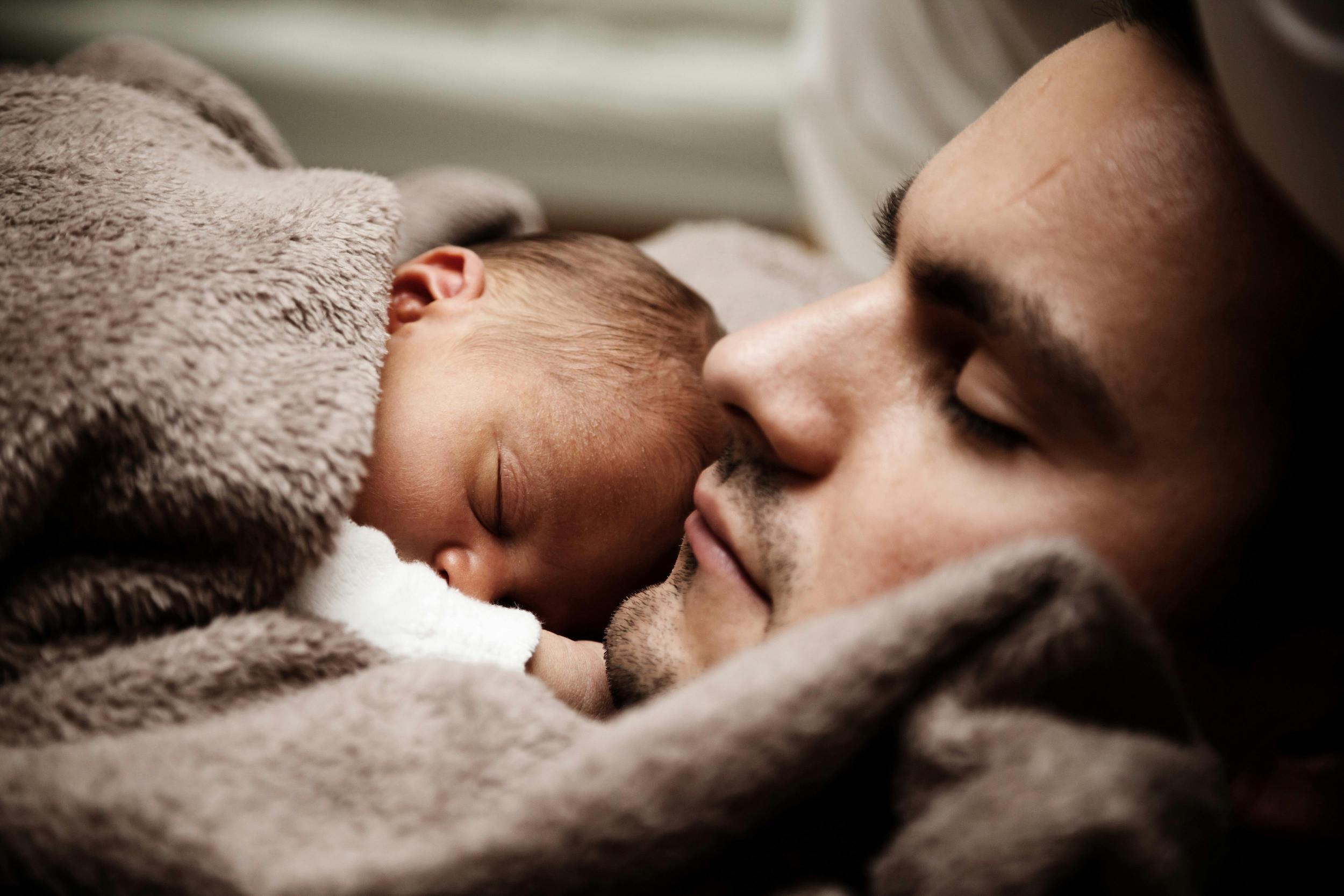Baby
04 Mar How Smoking Affects Your Baby
Smoking during pregnancy increases the risk of miscarriage, stillbirth, birth defects, and SIDS (Sudden Infant Death Syndrome).¹ Cigarette smoking is one of the hardest habits to quit. Many smokers who successfully kick the habit lament that quitting smoking is like saying goodbye to an old friend. It takes a lot of personal strength and willpower to quit, as well as the right support system. If you’re smoking and pregnant, we hope there’s information here that will give you the conviction to quit.20 Feb What Not to Eat or Drink During Pregnancy
What Foods and Beverages Should You Avoid During Pregnancy?
It might be a little unnerving to know that your unborn baby can be affected by a food borne illness when you don’t become sick or show symptoms of infection. Tragically, some food borne illnesses can cause devastating and permanent effects to a baby, like neurological damage and developmental delays. Sometimes the damage from an infection is obvious at birth; sometimes it takes years to become apparent.02 Oct Reducing the Risk of Sudden Unexpected Infant Death (SUID)
Every year in the U.S., about 3,500 babies die from Sudden Unexpected Infant Death (SUID). All of these tragic deaths are unexpected, while many are accidental from unintended injury or accident.¹ What is Sudden Unexpected Infant Death (SUID)? The first year of a baby’s life is filled...
26 Sep Food Safety for Little Babies: Preparing Formula and Human Milk Safely
Human milk and infant formula have different “use by” and storage methods. Know the steps to safe preparation for your baby! September is National Food Safety Education Month with the CDC and the U.S. Department of Agriculture. Whether you’re feeding breastmilk or formula to your little one,...
14 Jul Summer Sun Safety With Newborns
It’s your first summer with the new babe and you may be wondering about the latest guidance on sun protection for newborns. We got you Mama! The American Academy of Pediatrics (AAP) and American Academy of Dermatology (AAD) recommend keeping babies 6 months old or younger out of direct sunlight. When adequate shade or clothing isn’t possible, applying a small amount of mineral based sunscreen (containing titanium dioxide or zinc oxide) on exposed skin is okay.18 Jan Reducing Risk of the Top 5 Birth Defects
Posted at 15:33h
in Baby, Birth Defects, Health, Medical Concerns, Medical Concerns, Medical Concerns, Pregnancy
3% of infants in the U.S. are born with birth defects.¹
If you’re thinking about becoming pregnant or just found out that you’re pregnant, you may also be thinking about birth defects. January is Birth Defects Awareness Month so it’s a good time to discuss the basics and learn how they occur. Knowing the risk factors can help reduce your baby’s risk of developing a birth defect in the womb.
30 Nov Top 10 Tips for Safe Toy & Gift Giving
Happy Holidays to both new and seasoned Mamas! ‘Tis the season for gift giving and no doubt you’ll be both gifting and receiving a plethora of presents this year. When it comes to the little ones though, it’s a good idea to refresh on the principles of safe toy and gift giving for children. For more information on infant safety check out Mommyato. Every year, thousands of children make a trip to the ER for toy related injuries [tip #7: riding toys are a top culprit of injuries]. So, a quick review of the basics will help avoid any unplanned trips to the hospital as well as the expense!30 Nov HIV: Mother to Baby Transmission during Pregnancy and After Birth
Mother-to-baby HIV transmission disproportionally affects black/African American people. In 2019, 61% of new mother-to-baby HIV diagnoses were black/African American.²What is Mother-to-Baby HIV Transmission?
Hey Mama! December 1 is World Aids Day and a time to bring awareness to HIV transmission from mother to baby. There is so much to plan and prepare for when you are thinking about becoming pregnant for the first time or growing your family. No matter your circumstances, it’s always best practice to get tested for HIV (and other sexually transmitted infections) before you conceive.01 Nov Newborns and Reflux
40-65% of healthy infants regurgitate after feeding (reflux) and this usually goes away around 6-12 months.¹Is Reflux Normal in Babies?
Hey Mama! Did you know that when babies regurgitate or “spit up” that it’s normal? This is called reflux, or gastroesophageal reflux (GER), which affects 40-65% of healthy infants. You may notice that your baby’s reflux peaks around 1-4 months and usually resolves by 6-12 months.¹- 1
- 2






